RELATED ARTICLES “Command Performance” from Rescue magazine | “Oklahoma City Blast: A Nation Responds” from Texas EMS Magazine | “Taylor Employee Reports on OKC Tragedy” from Directions
It was 25 years ago today when America learned a lesson. A hard lesson.
It was 25 years ago today we first heard of domestic terrorism as Timothy McVeigh drove a truck up to the front of the Murrah Federal Building and set off fertilizer-based explosives, killing 168 people and injuring nearly 700 others.
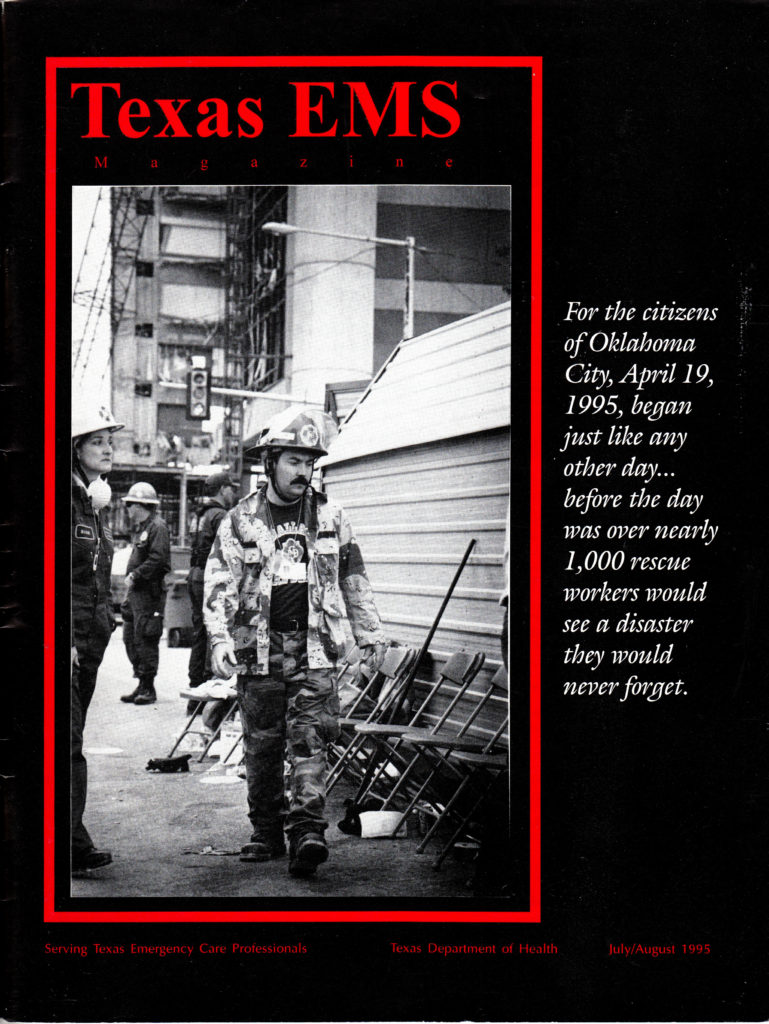
Until the September 11 attacks in 2001, the Oklahoma City bombing was the deadliest terrorist attack in U.S. history, and remains the deadliest incident of domestic terrorism in the country’s history.
I was in Dallas at the time and made my way up to the bomb site twice two tell some of the stories that needed to be told.
But one never made it into print.
I probably have some of the details wrong as it was a quarter of a century ago, for the record, but you’ll get the basic idea.
It was my second trip up to Oklahoma City, only three hours from where I lived in Irving. It was cold, wet and rainy. I decided to walk a few blocks over to the hospital. There was still glass everywhere, blown out of the windows of windows for blocks surrounding the bomb site. Earlier, I had been there and got a little upset when I found the Dallas Cowboys there on a PR tour, turning attention away from the first responders and the medical professionals working so hard. I left. But I knew there was something there and came back.
As I walked around the hospital talking to people, eventually, I met up with a search team of dogs. The Urban Search and Rescue teams had arrived days earlier to help search for people like Daina Bradley who survived thanks to some capable first responders and doctors. They were clearly on a mission, and I don’t remember ever really striking up a conversation with any of the handlers. And, until later, I didn’t understand what was happening
The dogs weren’t happy. One of the people there told me they had been in “the pit” just finding bodies and remains of people and, like the human first responders, the dogs got depressed.
So the team brought the dogs over to the hospital and had them conduct search and rescue missions in the hospital.
Every time they found a live person, the tails of the dogs started wagging, and they looked up to their handlers for approval.
We all learned a lot of lessons that day. And we’ve learned a lot of lessons since. America isn’t the same place. Before McVeigh and Terry Nichols blew up the OKC building, we had pretty much forgotten about the biggest mass terrorist event in America, the shooting at the University of Texas at Austin tower in 1966 during which Charles Whitman killed 14 people and injured 31 others. But since the OKC bombing, we had endured …
- El Paso Walmart shooting (2019) (22 dead, 24 injured)
- Pittsburgh synagogue shooting (2018) (11 dead, 6 injured)
- Orlando nightclub shooting (2016) (49 dead, 53 injured)
- San Bernardino shooting (2015) (14 dead, 24 injured)
- Charleston church shooting (2015) (9 dead)
- Boston Marathon bombing (2013) (3 dead, hundreds injured)
- Sandy Hook Elementary (2012) (26 dead)
- Aurora, Colorado (2012) (12 dead, 70 injured)
- Virginia Tech (2007) (32 dead, 17 injured)
- Columbine (1999) (10 dead, 21 injured)
- Jonesboro (1998) (4 dead, 10 injured)
- Centennial Olympic Park bombing (1996) (2 dead, 111 injured)
and, of course, Sept. 11 — 2,996 (2,977 victims and 19 Al-Qaeda terrorists) and more than 25,000 injured.
However, the most important lesson was that it can happen here. These, and other events, like the current pandemic, changed our way of life. They made us think. They made us look over our shoulder. We even developed a slogan: “See something, say something” and a whole new branch of the government to deal with it.
Now, as then, we’ve also learned who will come to our aid when things go wrong. I worked in pre-hospital healthcare off and on since 1990. I can tell you that those folks on the front lines, the EMTs, the paramedics, the volunteers, the paid staff, and all the others. They’re there. They’re trained. They’re ready.
But, like in Oklahoma City, they’re also stressed.
So, when you see them or call for their help, say thanks. Thanks for a job well done. And thanks for keeping us all safe.
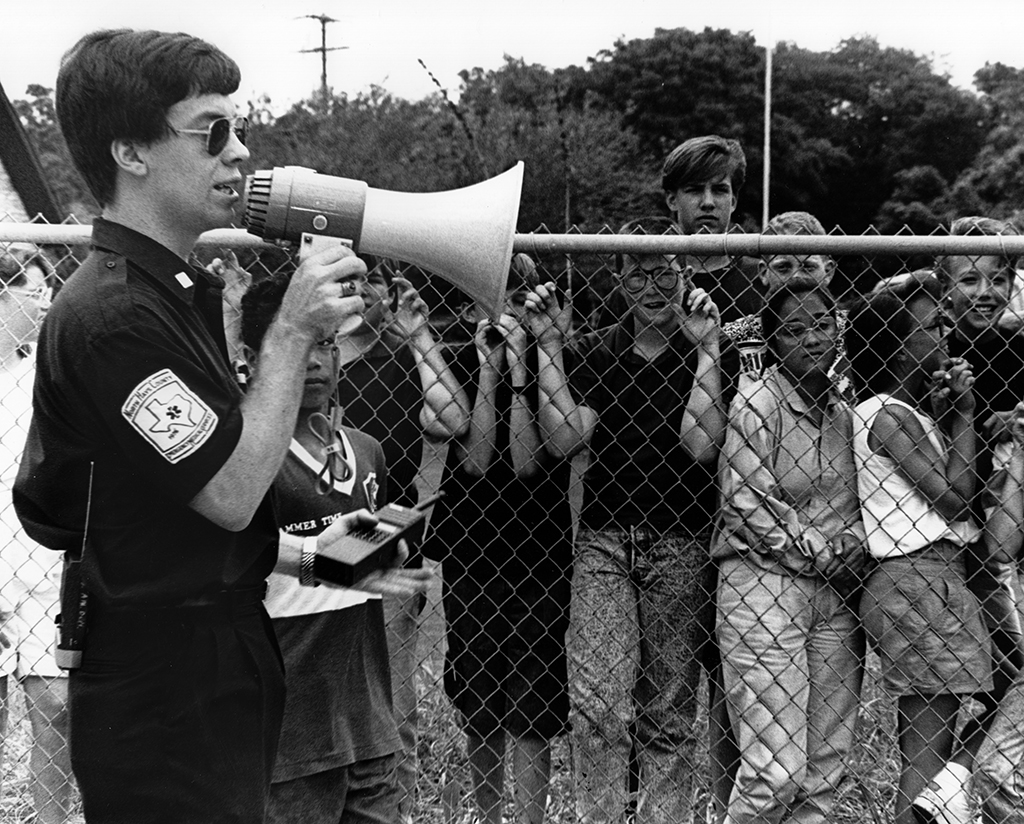

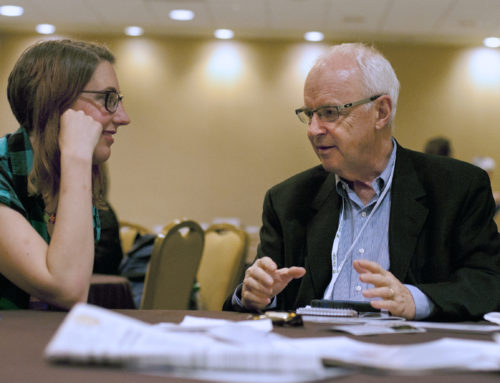
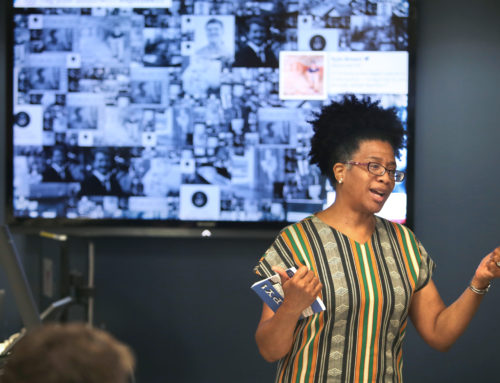
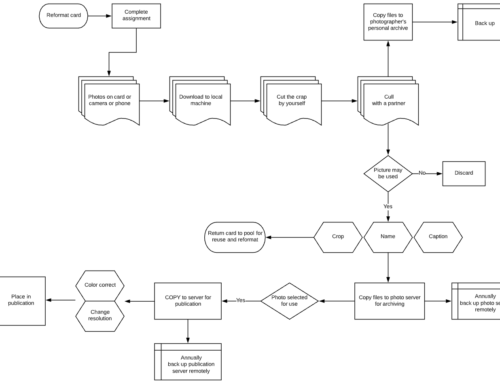
Leave A Comment